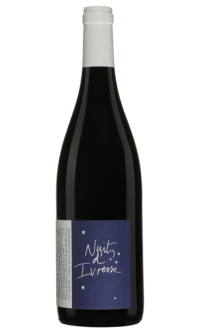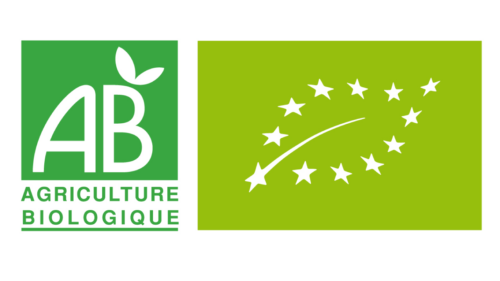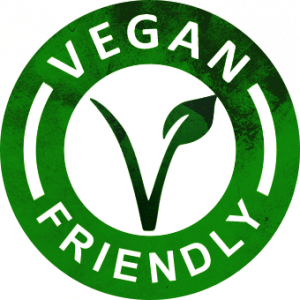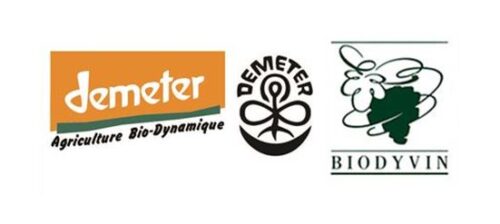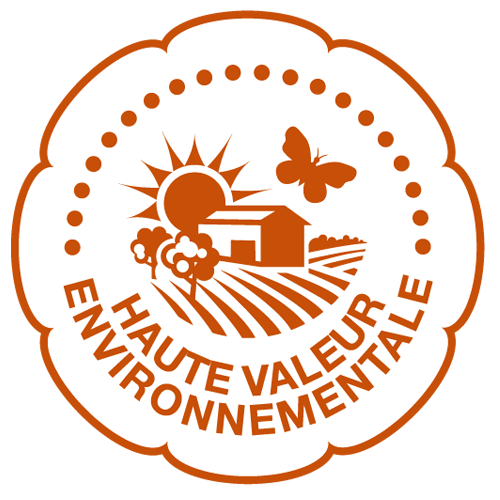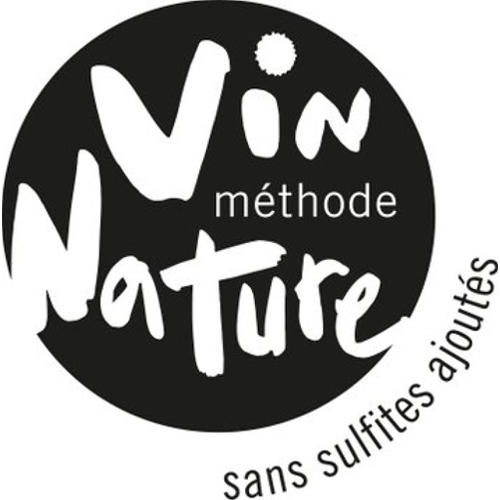Celebrating
Organic & Biodynamic winemaking
All the wines we choose are from winemakers that make a difference to our planet in the way they make their wines.
Their winemaking practices are sustainable and don’t compromise the future for a short-term profit. There are multiple ways of making wine being more sustainable but the first one is definitely not using any pesticides that kill the biodiversity in the vineyards, those substances finally end up in your glass. The battles against undesired weeds in the vines are won by simple hard labour or maybe even by introducing animals, goats will eat the weeds and won’t touch the grapes. Or beehives, the bees will chase the insects that are not desirable in the vines but the bees won’t harm the grape-growing process.
All these practices make the land and soil self-nourishing and create a perfect balance between the soil and the plants that in their turn will make amazing grapes to produce lovely wines.
In biodynamic wine growing the winemaker uses herbal infusions or other preparations from only organic materials to enrich his soils, they are numbered from 500 to 508
There are a lot of controversies on the biodynamic theories, some people call it witchery and others refer to the fact it was born under a Nazi regime. But there’s one thing that we at Wine Affairs think very highly of the passion with which those winemakers make their wine, all these preparations and practices are very demanding and time-consuming, but the result is in your glass and we think that you can taste the passion with which the wines are made.
Check out our article on Biodynamic wine practices and farming which stems from philosopher Rudolf Steiner.
Domaine Chasselay
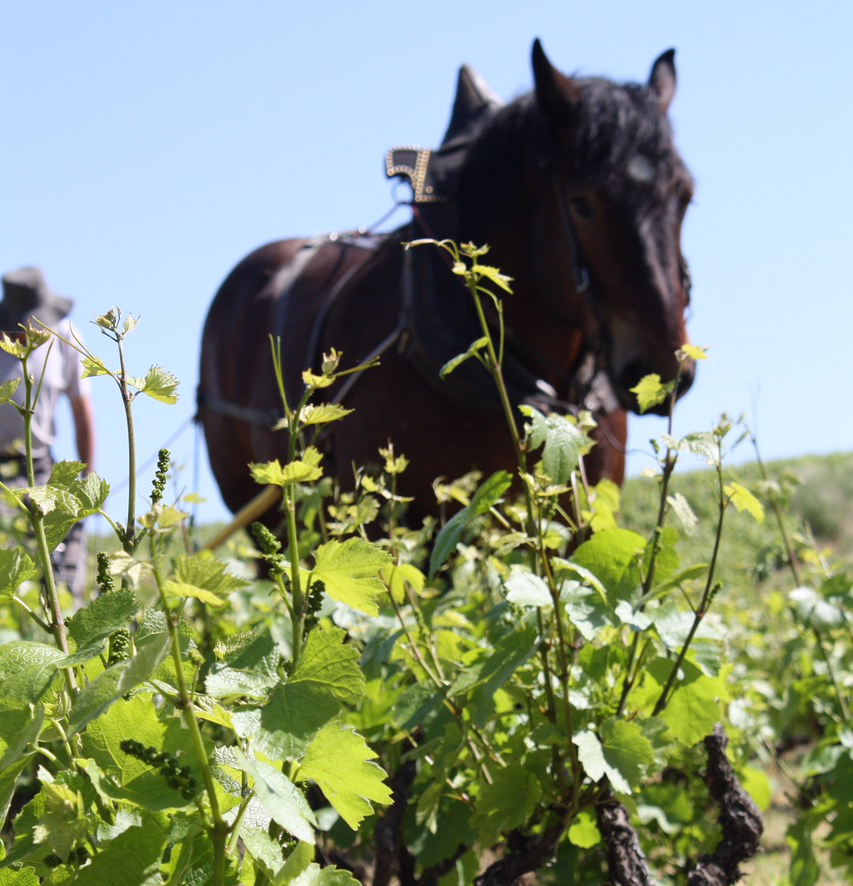
25 km northwest of Lyon, for more than six centuries, has been the home of Domaine Chasselay. Claire and Fabien Chasselay, the latest generation to own and run the vineyard, joined in 2007. They have proudly carried forward the wine-making ethos of this vineyard of zero pesticides and zero chemicals. In the main, the wines are made without sulfites. Only the wines that are made to age get the smallest amount to keep them stable during the ageing process. The lunar calendar, the seasons and weather patterns are observed all year round. Bio-diversity in and around the vineyard together with flowers and hedges are used to keep a perfect balance and to protect the vines from neighbouring lands that use pesticides. The wines from Domaine Chasseley have a taste of passion, which is no surprise given the amazingly hard work of both Claire and Fabien.
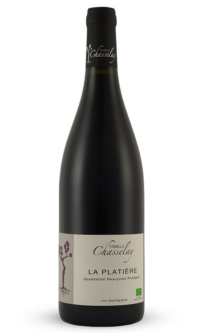
Domaine Chasselay, La Platiere, 2020, Beaujolais
From £18.10 per bottle Per mix of sixChateau Brethous
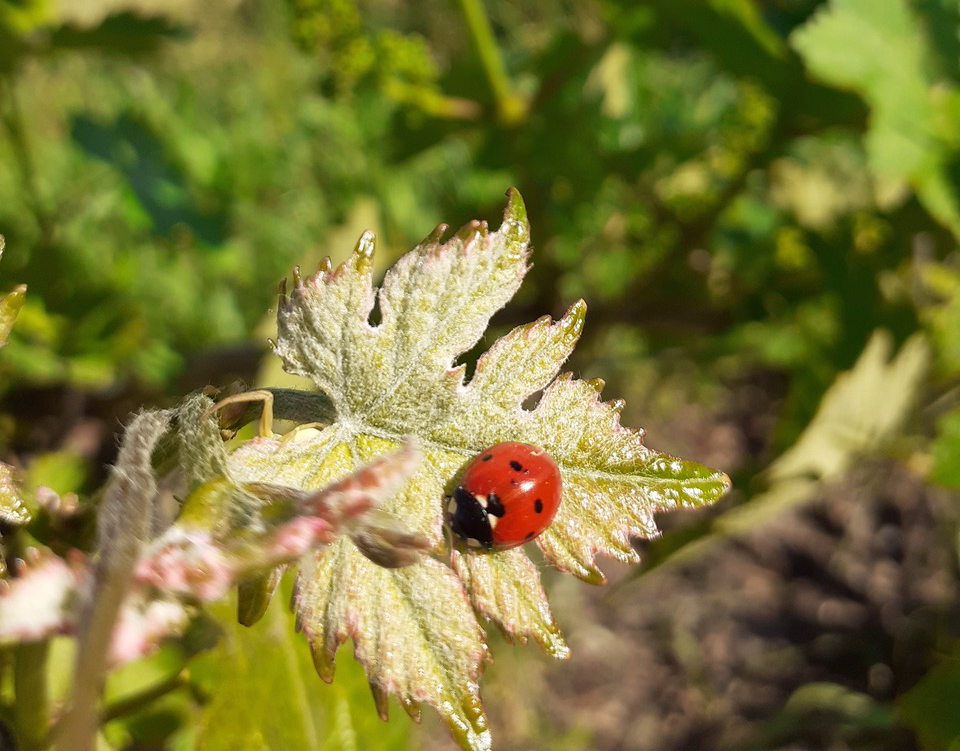
Château Brethous converted to organic winemaking in 2008 merely for the search of quality and expression of their soils. They aim to produce the best wines in the most ecological way. The wines are on average 25 years old and each year they try to make the best balance between fruit and structure in their wines to express the authenticity of their soils.
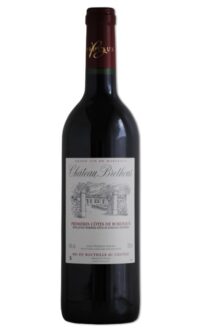
Château Brethous, classic 2016, Cadillac
From £17.00 per bottle Per mix of sixDomaine Les 4 Vents
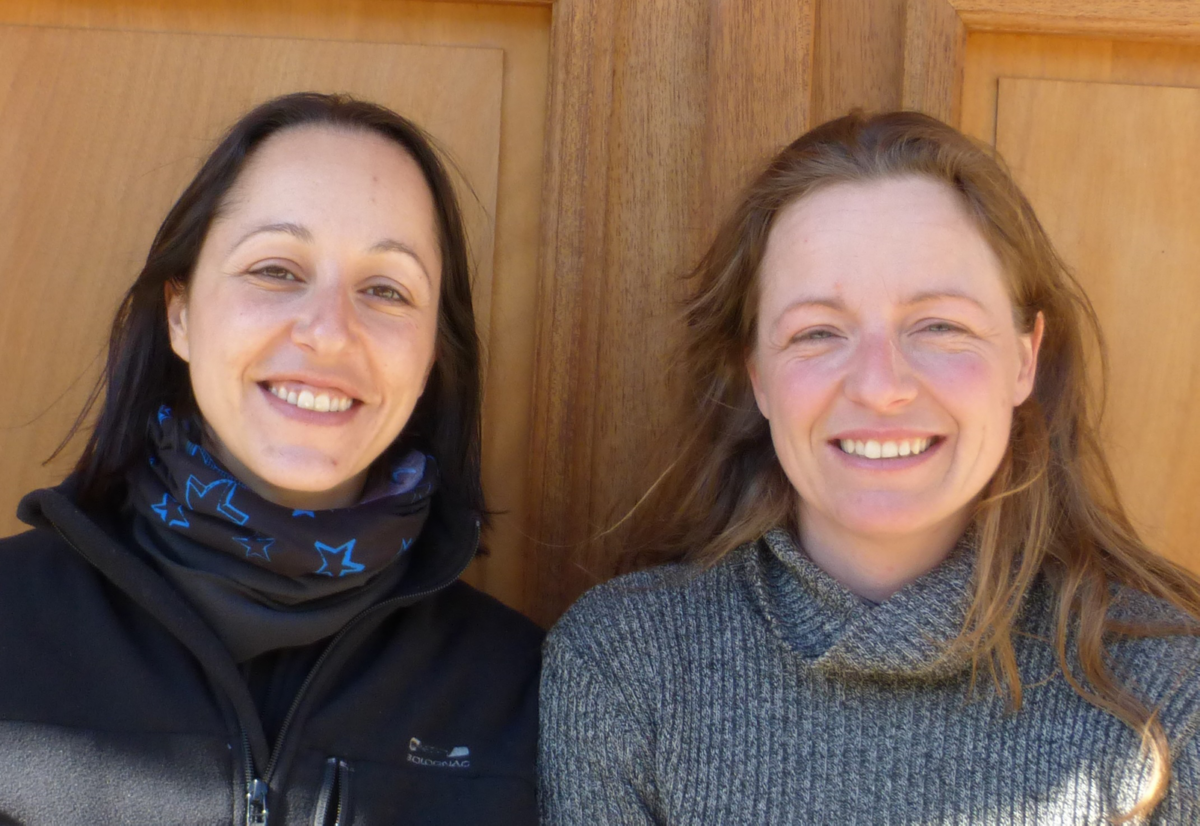
Winemakers Lucie Fourel and Nancy Cellier produce this 100% Syrah in the Northern Rhóne Valley region of Crozes-Hermitage. Our philosophy is inspired by organic farming as well as natural vinification. We are in perpetual search of respecting the environment, our interventions, in the vineyard or in the cellar, aim to accompany the grapes, then the wine, towards its most authentic expression.
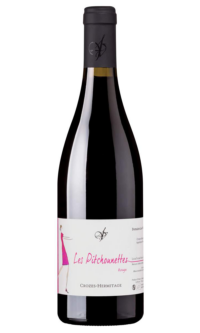
Domaine Les 4 Vents, Les Pitchounettes 2021, Crozes Hermitage
From £21.10 per bottle Per mix of sixDomaine Tabordet
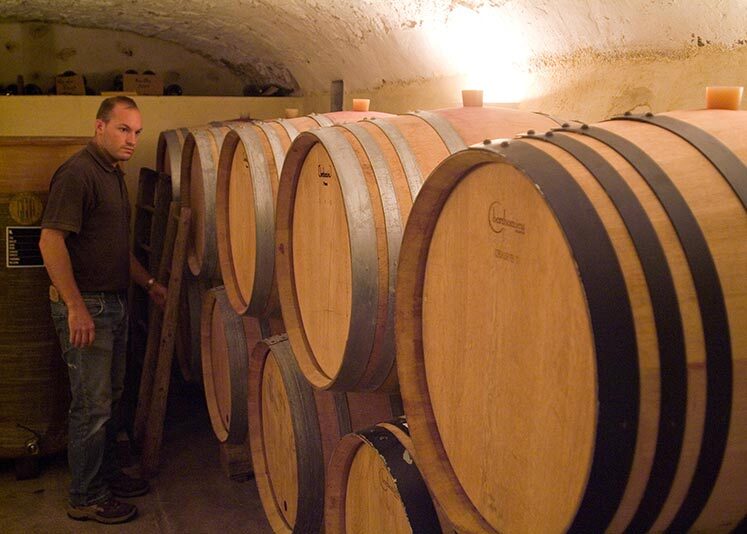
The Domaine Mardon and Tabordet are jointly running their vineyards with the greatest care for the soils and nature, the objective being full conversion to organic wine-making in the next few years. They use plants to filter the water and lower the risk of diseases in the vineyards. The entire wine-making process is done with the greatest respect for all-natural elements
Domaine Breton
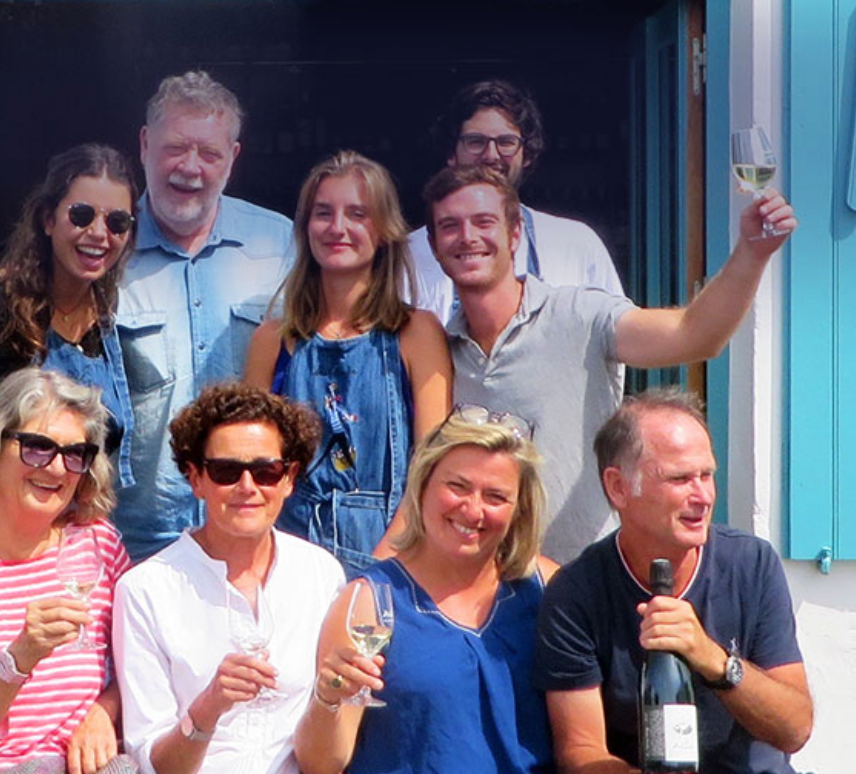
After setting up in 1989 and converting to organic agriculture the following year Catherine and Pierre Bretton presided over vineyards in the Bourgueil, Chinon and Vouvrey regions, evolving and creating truly special wines that continue to turn heads and please palettes. Indeed, the different appellations provide varied soil types; the Bourgueil offers gravel, limestone and clay silex, the Chinon provides limestone and yellow tuffeau and the Vouvrey, clay silex. While the attention to detail and to remaining truly artisan greatly benefits the wines, all of which are harvested by hand bringing out the ripeness of the grape and made exclusively with indigenous and natural yeast. The wines are never filtered but made in slow elevated tanks and woods barrels selected to correct tannins to make certain that each of them is worthy of the Breton name.
